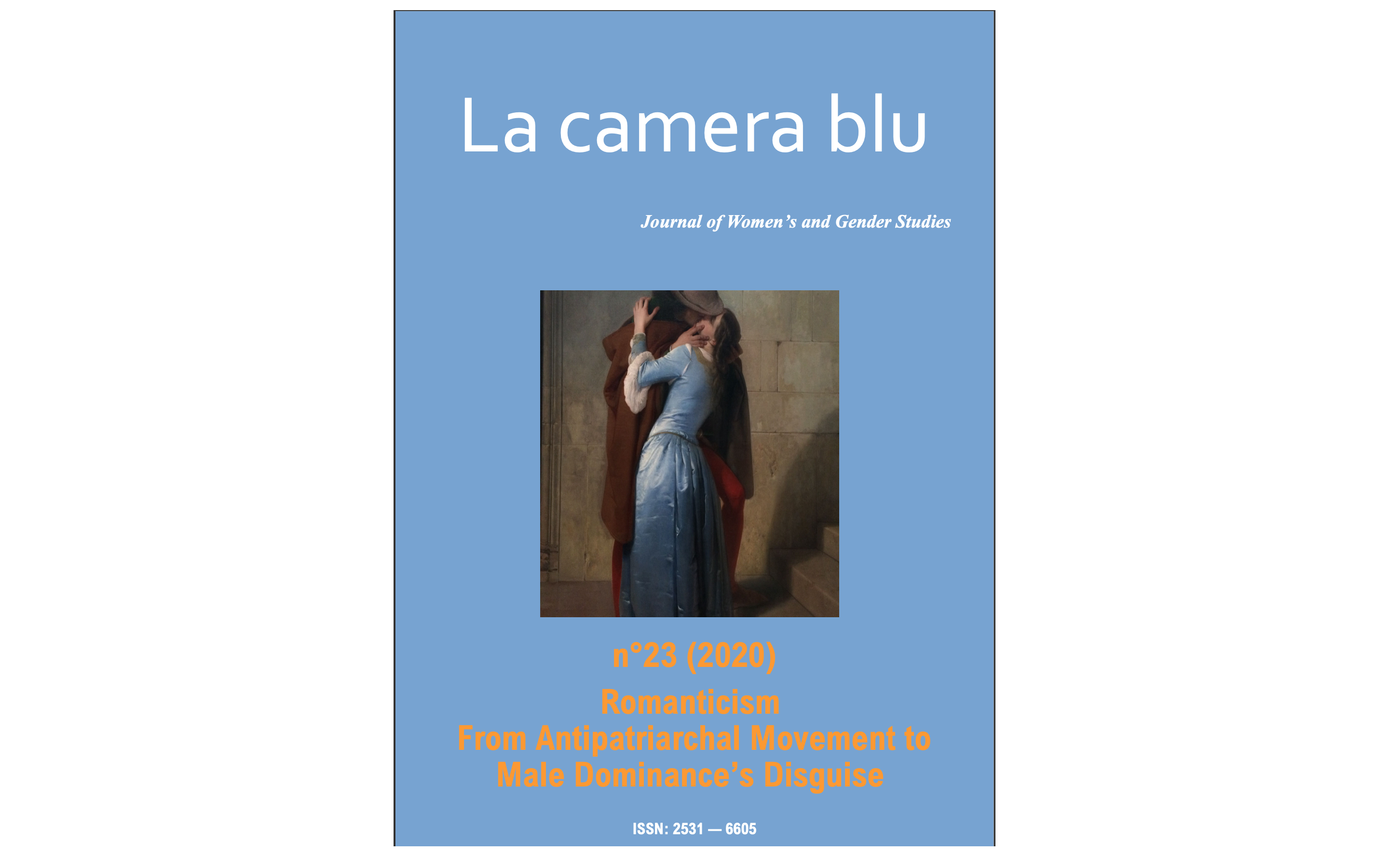La doppia giornata lavorativa per amore: l'influenza del romanticismo sulla distribuzione del lavoro domestico e di cura nella coppia
Abstract
Questo articolo propone un principio di discussione sul rapporto tra il Romanticismo e la dicotomia tra la sfera pubblica e quella privata nella formazione degli Stati liberali moderni, e le loro conseguenze sulla subordinazione e disuguaglianza delle donne. A questo proposito, si suggerisce che l'ideale del romanticismo, espresso nella norma della domesticità femminile e nei miti dell'amore romantico, ha contribuito alla naturalizzazione della divisione sessuale del lavoro e della doppia giornata (o doppia presenza) delle donne: un particolare che ha facilitato l'espansione del capitalismo. Una delle manifestazioni della naturalizzazione della doppia giornata è la distribuzione disuguale del tempo che donne e uomini destinano al lavoro domestico e a quello di cura. Per esemplificare questo fenomeno, lo studio ricorre a dati estratti dalle tassonomie sulla breccia tra i generi e dagli studi sull'utilizzo del tempo, che permettono di contabilizzare il tempo che uomini e donne dedicano al lavoro produttivo e riproduttivo. Nello specifico, si realizza un'analisi utilizzando dati quantitativi estratti dalle inchieste sull'utilizzo del tempo in Cile, risalenti agli anni 2008 e 2015.
Downloads
Copyright (c) 2020 La camera blu. Rivista di studi di genere

This work is licensed under a Creative Commons Attribution 4.0 International License.

Questa opera è distribuita con licenza Creative Commons Attribuzione - Non opere derivate 4.0 Unported.

